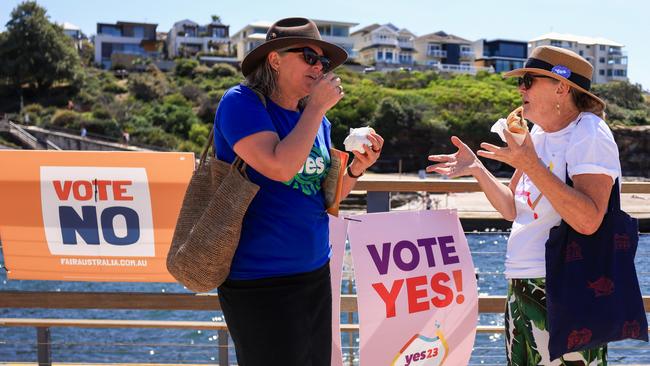
A new book on the Indigenous voice’s failure written by one of its architects warns that Australia is moving into a dangerous phase of its national life, marked by a breakdown between progressives and conservatives where national interest policies are increasingly unobtainable.
The book – The End of Settlement: Why the 2023 Referendum Failed, written by lawyer Damien Freeman – while critical of Anthony Albanese for the failure of the voice, puts the defeat in a deeper framework. Freeman concludes that Australian politics hovers at the edge “of a more hostile society” that risks being paralysed by division.
While Freeman’s book is solely about the voice, there is evidence to buttress his thesis – Australia now risks breaking into two cultures. The voice may become symbolic of a wider fracture in the nation. Witness the contemporary breakdown on cultural issues, energy policy, anti-Semitism, core divisions over industrial relations, tax, industry policy, immigration and pivotal splits over identity politics.
Freeman’s argument is not that Labor and Coalition have different policies: they always have and they always will. He says the differences are now so deep and the incentives to polarisation against national interest compromise so great that Australia has reached a crossroads – it risks a future of division and decline when the nation cannot settle its policy differences essential for sustainable progress.
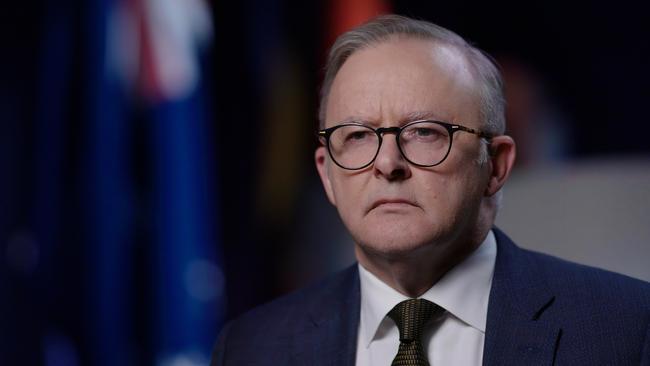
Freeman, a political conservative, is one of the “gang of six” who initially devised the idea of the voice, long before the Uluru Statement from the Heart. That group meeting at the Australian Catholic University at North Sydney comprised Noel Pearson, vice-chancellor Greg Craven, lawyer Shireen Morris, Liberal lawyer Julian Leeser, prominent constitutional lawyer Anne Twomey and Freeman, at that stage a fellow at the university.
The strategy was to find a position that could unite two groups, Indigenous leaders and constitutional conservatives. This gap between the two schools had to be bridged – that was the key to bipartisanship over a model for Indigenous recognition in the Constitution. There was no other method, with Tony Abbott as prime minister pledged to a referendum but determined to “uphold” the Constitution.
Drawing on history, Freeman saw the task in terms of “settlement politics” – in his opening chapter he enunciates his theme based on my book The End of Certainty that described how 80 years of Australian settlement policy was replaced in the 1980s Hawke-Keating era by a new Australian settlement.
That’s how historical progress is made. For Freeman, settlement politics allows the parties to compete but allows the nation to advance. The issue is whether the political fight is about opposing the change or over the terms of the change. Freeman sees the referendum as a test of settlement politics – and it failed dismally.
Everyone wanted Indigenous recognition in the Constitution. The goal was agreed but the means to achieve the goal were never sorted because there was no process to discuss, negotiate, compromise and reach a settlement.
The gang of six envisaged the referendum as a unifying event – they were dedicated but deeply naive. They gambled on a politics that was no longer possible in Australia. Freeman’s book is the story of their misplaced and busted dreams.
“The result was that a referendum that was supposed to be a unifying moment instead revealed the country’s divisions,” Freeman says. “It only confirmed that trust was declining and polarisation increasing. This failure of settlement politics cannot be denied and it should not be ignored. It means that we are at a decisive moment in Australian political history.”
That moment centres on whether we can negotiate future progress.
The opening stance of the group of six was acceptance that a racial non-discriminatory constitutional clause would not work and was anathema to conservatives and Abbott. The upshot is that the group went for Pearson’s idea of a constitutionally sanctioned advisory body to the parliament and executive. Freeman insists this idea “was the starting point for a public conversation” and exactly “where the common ground lay” would depend on the outcome of that conversation.
In Freeman’s account, it seems two big mistakes were made.
First the Referendum Council, after a series of Indigenous dialogues leading to the Uluru statement, recommended the voice in its report to government without any proposal to win wider public support. “The emphasis through the Referendum Council process had been on achieving an Indigenous consensus position,” Freeman says. “This was a necessary condition for a referendum but it was not a sufficient condition.”
The trap was laid. While an Indigenous consensus had been reached, “there had been no national constitutional convention that included non-Indigenous people” and no national forum to debate “different perspectives”.
The Indigenous consensus contrasted with the exclusion of most of the Australian population from debate, meaning there was “no broad agreement” about the model. There was no reason to assume the public would accept the idea and there was no proposal for a deliberative process to conduct a wider debate.
This blunder was extraordinary and fatal. It led the Turnbull cabinet in October 2017 to reject the voice as the council’s main recommendation. In its statement cabinet said the idea had no “realistic prospect” of referendum success. The voice never recovered from this rejection.
In retrospect, it was almost certainly doomed from this point. The Coalition was now estranged from the Indigenous advocates. To try to salvage the situation, a new committee was set up with Leeser and Patrick Dodson as co-chairs. Freeman says: “Their committee found that there was very little consensus about what a First Nations voice was or how it would operate in practice.” No fewer than 18 different suggestions were put in submissions. Bipartisanship was a broken dream.
During the Morrison government the chasm from 2017 was never repaired – Indigenous advocates wanted the voice and the Coalition stood by the Turnbull position. The hopes of constitutional conservatives to find a way through were in ruins.
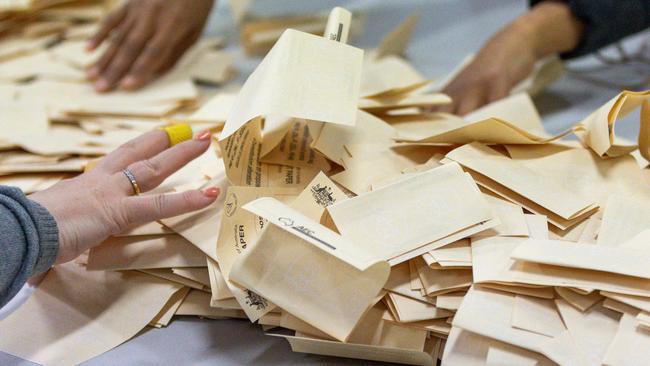
The final blunder was Albanese’s election victory commitment to the Uluru statement and the voice as a signature policy, followed by his release of the draft constitutional amendment at the Garma Festival.
“What did bipartisanship mean at this point?” Freeman asks. “The difficulty with the government’s approach was that it chose to put forward a suggestion for an amendment to the Constitution without having any public process.” Peter Dutton could support or oppose Albanese given “there was no bipartisan process” for the opposition to join.
Freeman says Albanese should never have announced his blueprint at Garma without “a commitment to initiating a public process” and done so before “it became government policy”. He says Albanese “failed to demonstrate the necessary leadership” essential to a wider debate that was the only means of rescuing the referendum.
He says voice proponents – Labor and Indigenous advocates – “embraced identity politics” and were “increasingly deaf to the legitimate concerns of others”. By the time the referendum bill passed the parliament in mid-2023, Freeman says “it was too late to try to find common ground”.
Freeman makes accusations against both sides: that the Yes side refused to compromise and the No side ran on populist politics. Unsurprisingly, Freeman is reluctant to concede the moral and intellectual justice of the No side when confronted by the final referendum question.
His book, however, is more critical of the advocates of the voice: the conduct of the campaign was their responsibility and they turned their backs on the need to negotiate and navigate.
Is Australia a nation now splitting into two cultures?


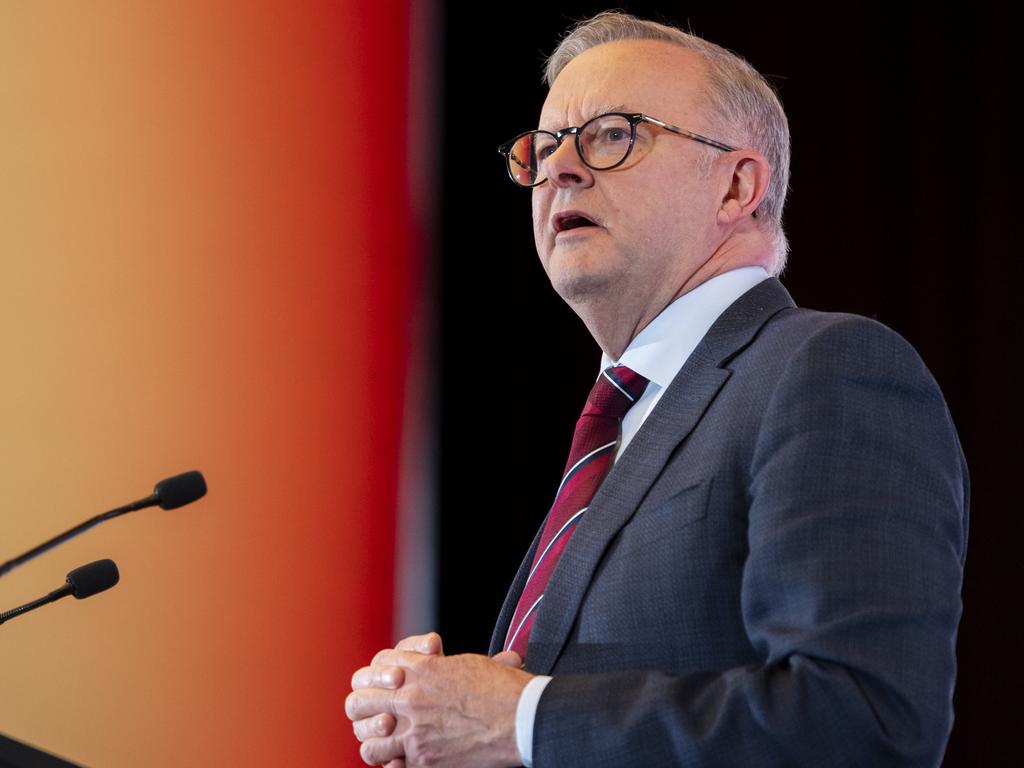

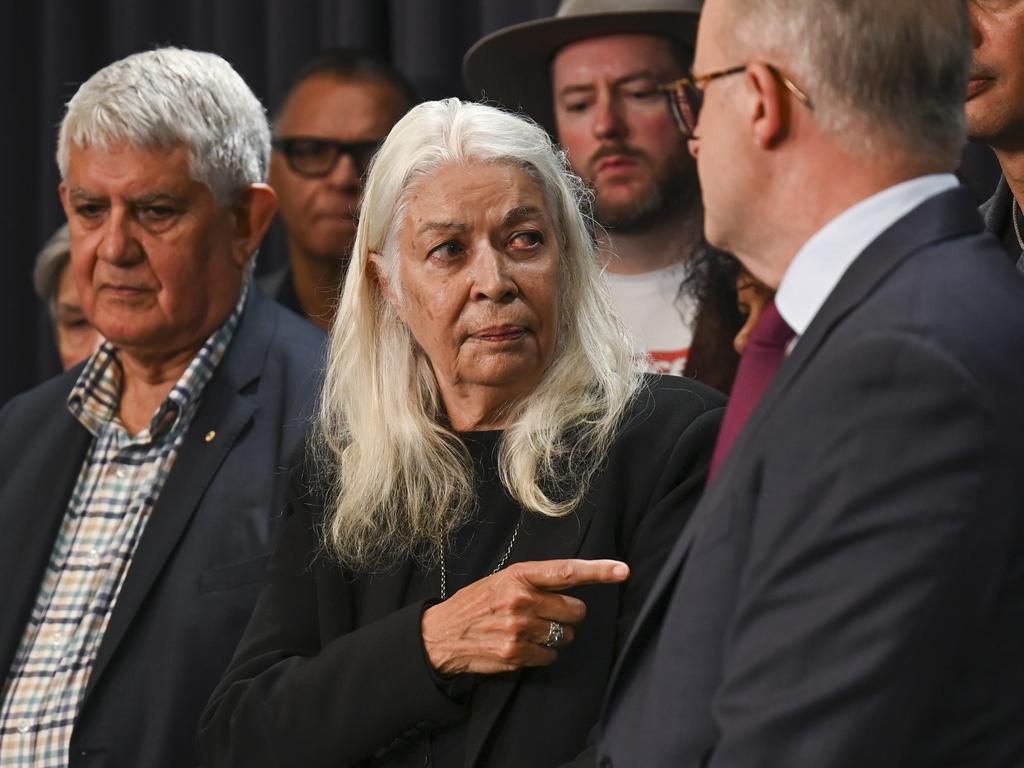


The defeat of the referendum on the Indigenous voice points to a far deeper dilemma for Australian politics and society – that obtaining a cross-party settlement on issues essential for the nation’s future seems beyond the bounds of trust and possibility.